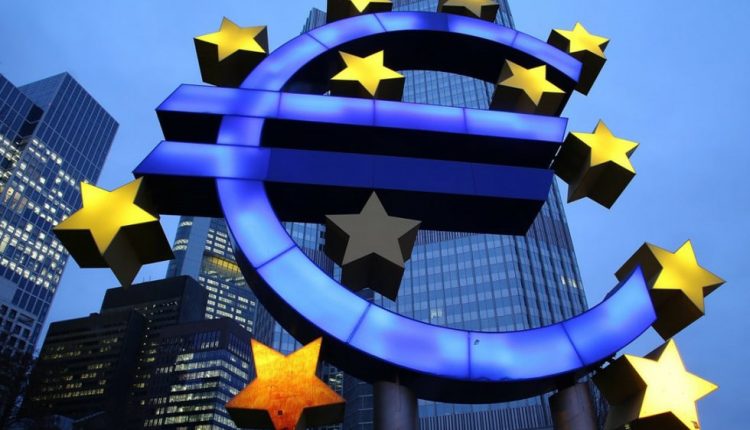The eurozone’s manufacturing sector faced another setback in July as the HCOB Eurozone Manufacturing PMI remained at 45.8, marking a sustained contraction for the euro area’s goods-producing economy.
According to the survey conducted from July 11–24, new orders saw a steep reduction, leading to accelerated declines in output and employment.
Business confidence also dropped to a four-month low amid rising input costs, which increased at the fastest rate in a year and a half.
Germany and France, the two largest economies in the eurozone, witnessed their PMI figures fall to six-month lows, while Greece and Spain, previously strong performers, showed signs of losing momentum.
Italy and Ireland were the only countries to see an increase in their manufacturing PMI.
Overall, the data indicated a quickening in the contraction pace, with cross-border sales activity negatively impacting demand for eurozone goods.
Despite facing ongoing challenges since May 2022, eurozone manufacturers have relied more on existing backlogs to manage production.
However, workforce numbers decreased at the fastest pace since December, signalling a continued squeeze on staffing.
Commenting on the data, Cyrus de la Rubia, Chief Economist at Hamburg Commercial Bank, highlighted the intensification of production slumps, emphasising the weak demand situation.
He noted, “The weak demand situation has gotten even worse since June, meaning rising input prices can’t be passed on to customers so easily.”
“Industrial activity in the eurozone took a hit across the board in July. Among the countries covered by the PMI survey, only Greece and Spain are still seeing meaningful growth, although even there, momentum has slowed significantly. Austria and Germany are showing the greatest weakness. The widespread and steep downturn is surprising, making it more likely that the manufacturing sector will face tough times in the coming months.”
Attribution: S&P Global


